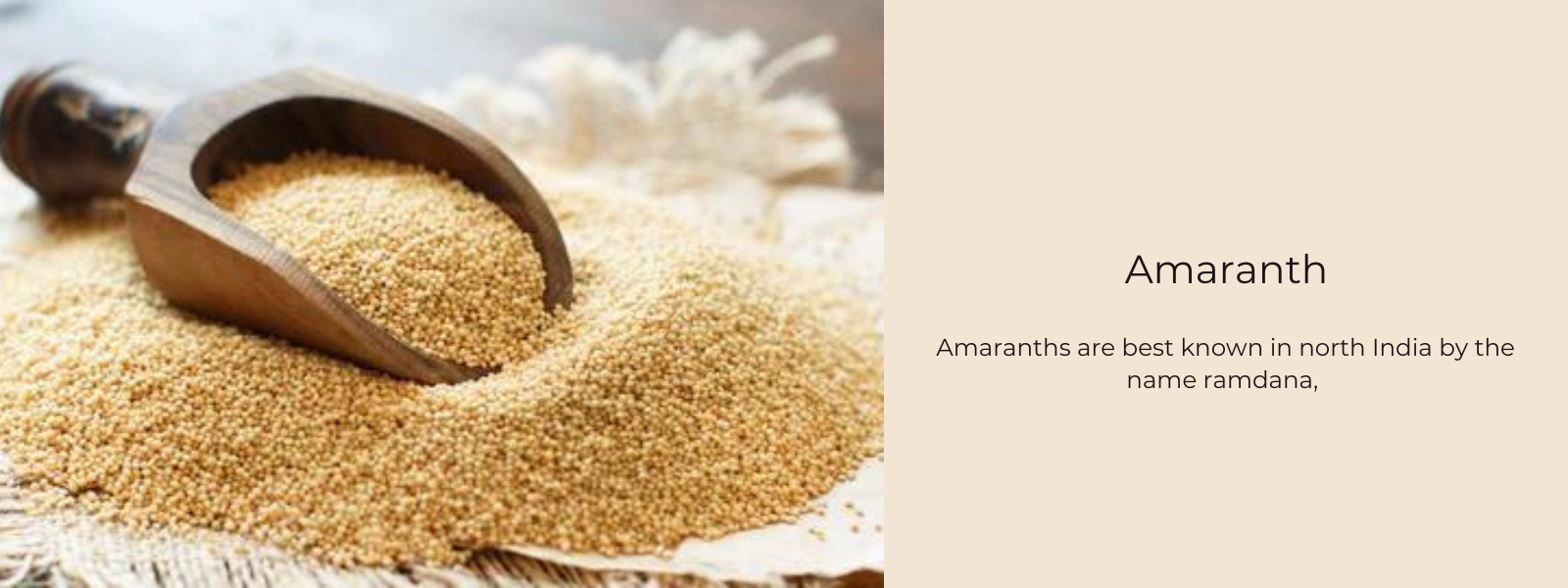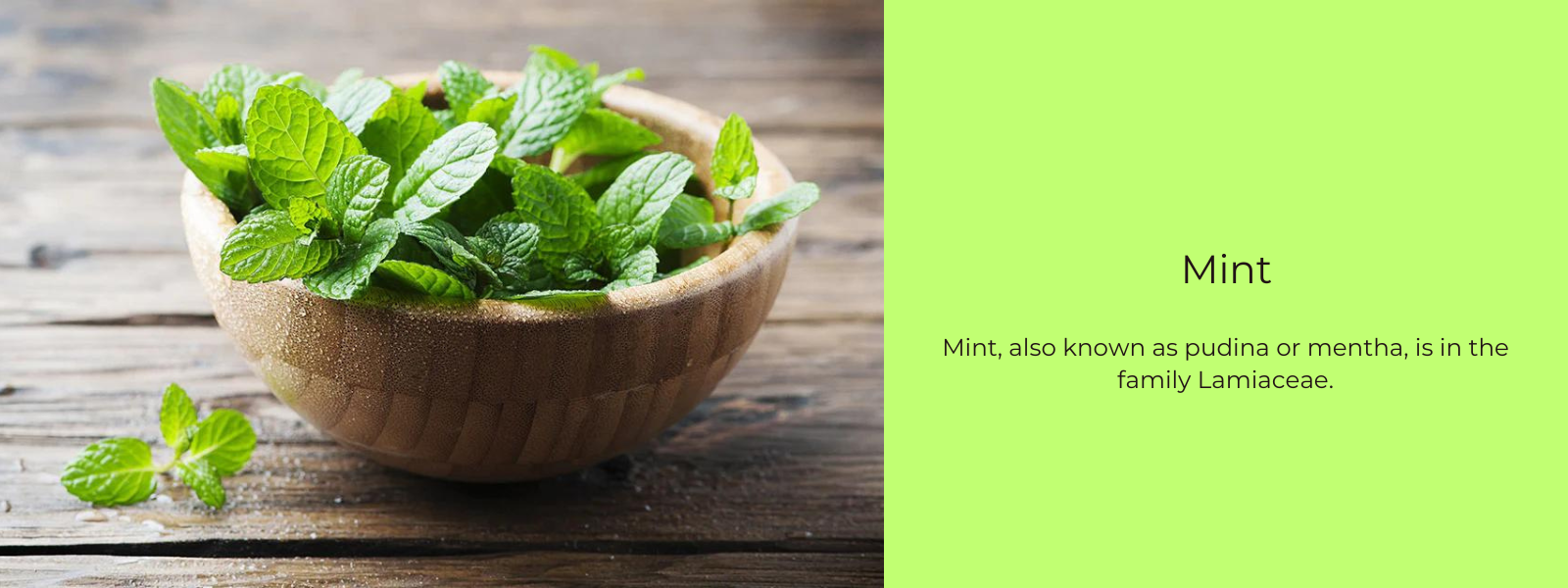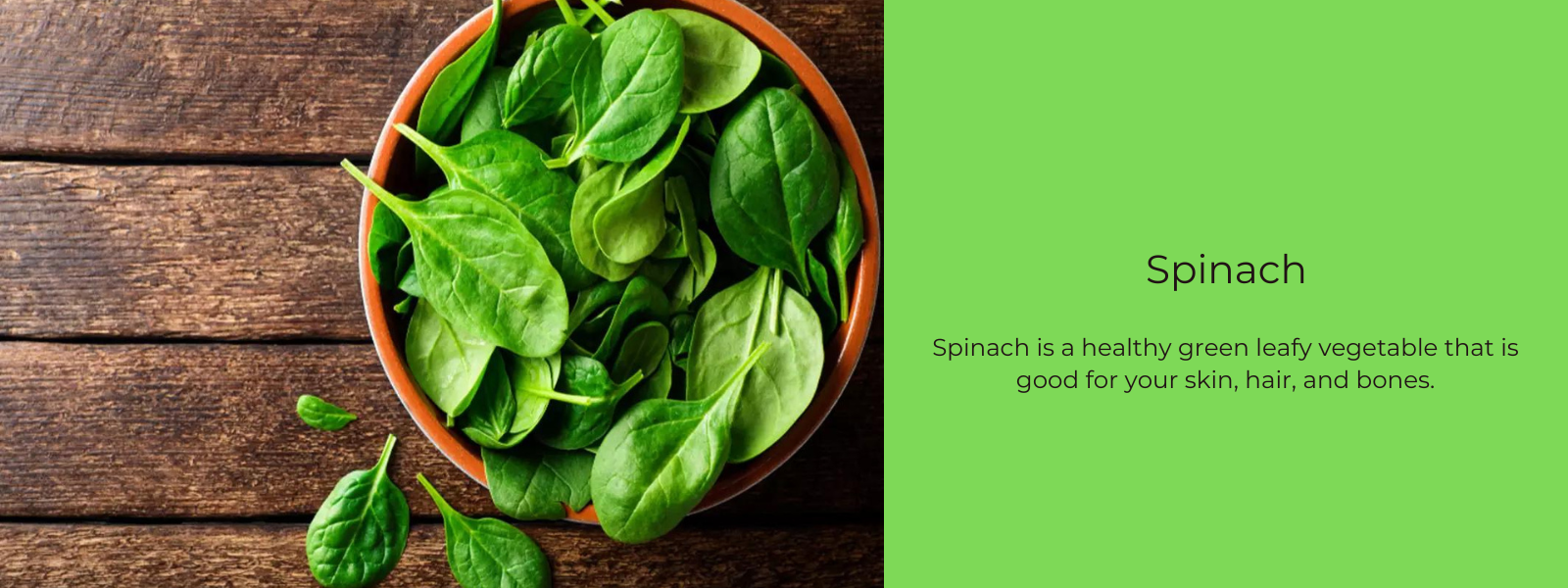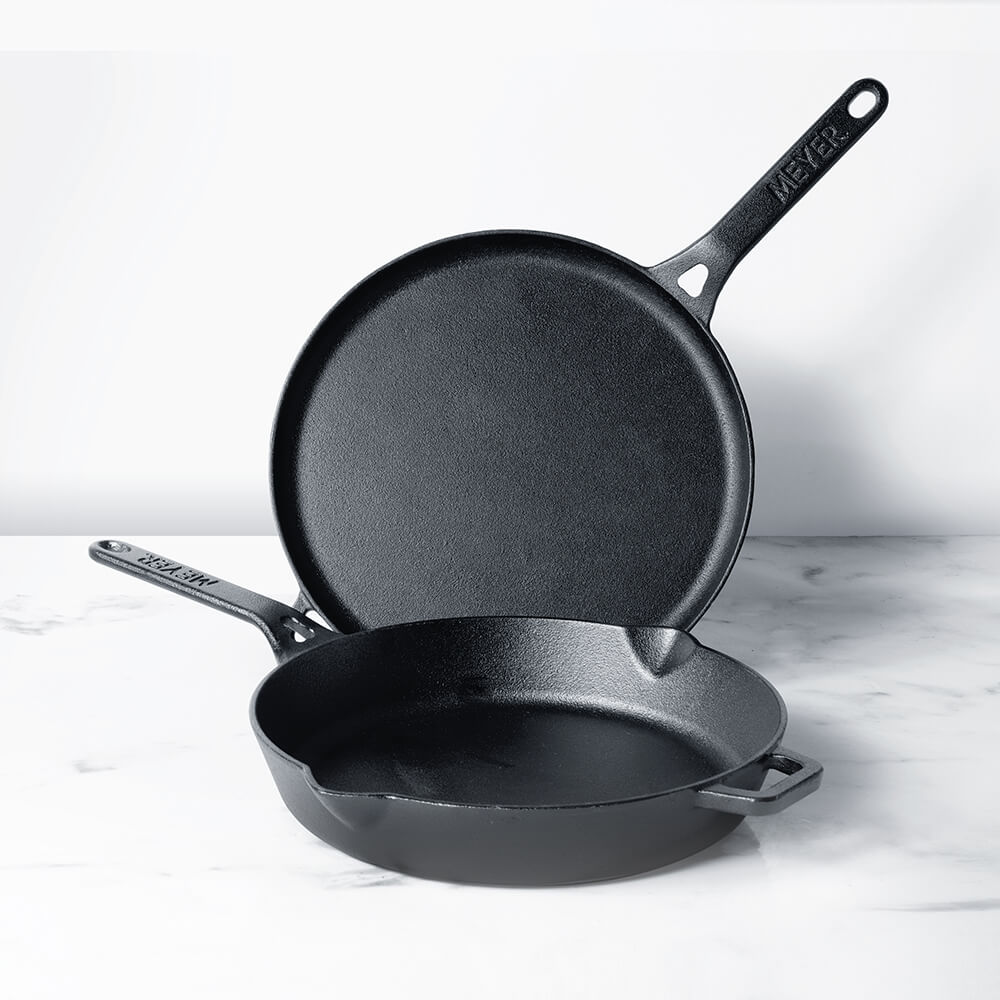Cabbage is very nutritious and chock-full of vitamin K, vitamin C, and fibre. Also, some research shows that it may help digestion, make the heart healthier, and reduce inflammation.
Cabbage is a member of the cruciferous plant family and has many health benefits. It is a round, leafy vegetable made of stacked layers of leaves. There are many kinds of cabbage on the market, like red cabbage, Chinese cabbage, and white and green cabbage, which are the most common. The green cabbages are the most common ones to find.
Table of Contents
What is cabbage?
Cabbage is a leafy vegetable in the Brassica family that also includes cauliflower, broccoli, and Brussels sprouts. It's one of the oldest known vegetables, dating back to 4,000 B.C. in China. It comes in green, red, and savoy varieties, and you can eat it raw or cooked. You can add it to soup, salad, stir fry, fish tacos, or just steam it by itself.
Types of cabbage:
Brassica oleracea is a type of vegetable that includes cabbage, broccoli, cauliflower, kale, and Brussels sprouts. Green cabbage is the one most people eat. But there are also hundreds of other kinds that come in red, white, and purple and have different sizes and textures.
Some kinds of cabbage taste light and delicate, while others have a strong peppery taste. The types of cabbage that are good for you are:
Bok choy and baby bok choy, both of which have leaves that grow from a central stalk.
Brussels sprouts are small, round cabbages with thick stalks.
Green cabbage, also called "cannonball cabbage," has smooth leaves that are close together and a firm head that can get almost as big as a basketball.
January King cabbage is a beautiful cabbage with leaves that are both green and purple.
Kale has dark green, wrinkly leaves that spread out from a central stalk.
Napa cabbage, which is also called Chinese cabbage or celery cabbage, has long, light green leaves and a thick white stalk.
Red cabbage is a round cabbage that is red in colour. It is very healthy and generally smaller than green cabbage.
Savoy cabbage is a curly cabbage with leaves that are ruffled and layered in a loose way.
Simple ways to use cabbage:
Cabbage is one of the most useful vegetables and lasts longer than any other in the fridge. Because of this, it is also the most reliable. You can use it raw or cooked. You can cut it up and put it in soups, salads, or stir-fries. To keep their crispness and clean smell, the best way to cook them would be to grill them or quickly stir-fry them. No matter how you eat this crunchy cruciferous vegetable, it's a better way to improve your health that tastes better.
Health benefits of cabbage:
- Stops inflammation
Anthocyanins are antioxidants that are found naturally in cabbage and are responsible for some of its health benefits. Anthocyanins not only give fruits and vegetables like blueberries their colour, but they may also help reduce inflammation.
Long-term swelling, or chronic inflammation, is linked to heart disease, cancer, arthritis, and other health problems.
- Boosts immunity
Vitamin C, which is also called ascorbic acid, helps your body in many ways. It makes collagen and makes your immune system stronger. It also helps your body get iron from foods that come from plants.
- Keeps digestie system healthy
Cabbage is full of phytosterols (plant sterols) and insoluble fibre, which can keep your digestion healthy and your bowel movements regular. It gives energy to the good gut bacteria that keep your immune system healthy and make nutrients you need. This is particularly true when you eat kimchi or sauerkraut, which are made from fermented cabbage.
Fiber is a carbohydrate that can't be broken down or absorbed, and therefore it load factor to meals and takes up space in your stomach, making you feel full faster and for longer without eating carbs that you can absorb.
- Keeps heart healthy
Cabbage's anthocyanins assist with more than just inflammation. Research shows that they add to cabbage's health benefits by making you less likely to get heart disease. Scientists have found 36 types of anthocyanins in cabbage, which might also make it a good choice for heart health.
- Your blood pressure goes down.
Potassium is a mineral and an electrolyte which assists the body in regulating blood pressure. One cup of red cabbage could indeed give you up to 6% of the amount of potassium you should get every day. This could assist with lowering your blood pressure, which could make you less likely to get heart disease.
- Cuts down on cholesterol
If "bad" cholesterol builds up in your arteries, it can hurt your heart. Fiber and phytosterols are two things in cabbage which compete with cholesterol to be soaked up by your digestive system. They end up lowering the amount of bad cholesterol in your body and making you healthier.
- Helps bones stay healthy and blood clot well.
Vitamin K is important for your health. Without it, you could get bone diseases like osteoporosis and your blood wouldn't clot the way it should. Here comes cabbage, which has a lot of vitamin K. With one cup, you get 85% of the daily value.
How to select and use cabbage?
Pick a cabbage that is big for its weight. Make sure the leaves are tight and firm. Loose leaves are a sign that the cabbage is old. Cabbage can stay in the fridge for up to two weeks.
You can eat raw cabbage, steam it, boil it, roast it, sauté it, or stuff it. The sulphurous smell that is often associated with cabbage comes from cooking it too long. The smell gets stronger the longer cabbage is cooked.
Quick ideas for consuming more cabbage:
- Just drizzle olive oil, minced garlic, and cracked black pepper over chopped roasted cabbage.
- Shred cabbage and add it to a salad of fresh greens.
- Add chopped cabbage to soup or stew towards the end of cooking.











Leave a comment